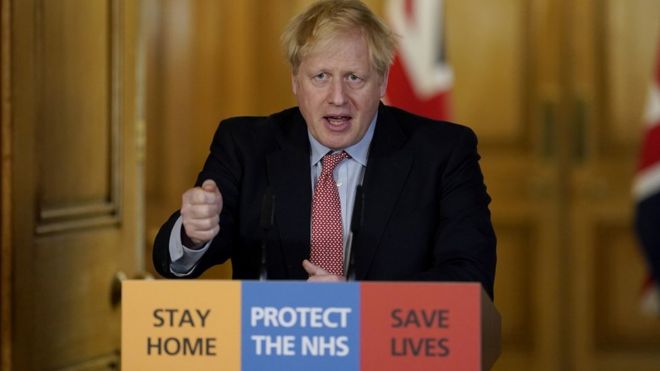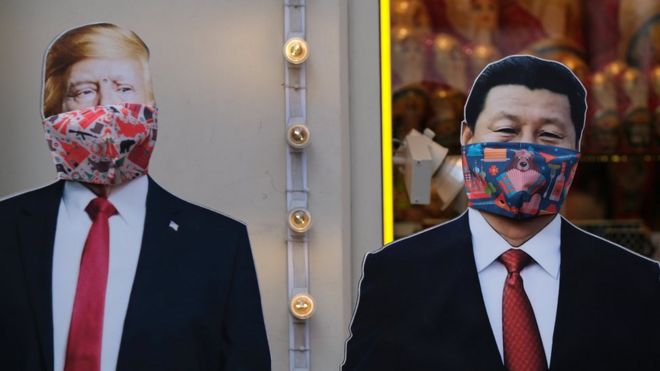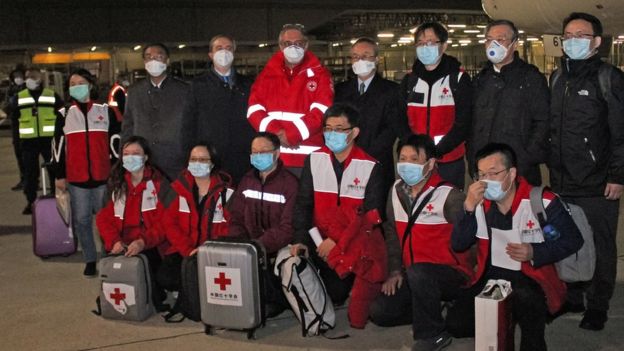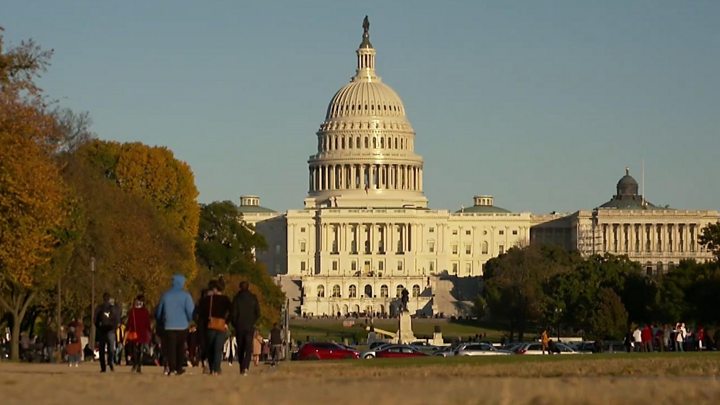Boris Johnson's Family Tree
Boris Johnson says he’s ‘very proud’ he’s descended from mummified Swiss woman who died from syphilis as he hails ‘sexual health pioneer’
DNA evidence - taken from the mummy's big toe - has revealed she is the great-great-great-great-great-great grandmother of the UK Foreign Secretary
BORIS Johnson has revealed that he is "very proud" to be descended from an ancient mummified Swiss woman who died of syphilis.
The corpse of the woman – who’d lain unidentified for years – was discovered in Basel, Switzerland.
8
And new DNA evidence - taken from the mummy's big toe - has revealed she is the great-great-great-great-great-great grandmother of the UK Foreign Secretary.
Mr Johnson wrote on Twitter: "Very excited to hear about my late great grand 'mummy' - a pioneer in sexual health care. Very proud."
Experts say the body found in Barfusser Church appears to be that of a wealthy, well-fed woman dressed in good quality clothes, who died in 1787.
She was exhumed in 1975 when the church was renovated.
Her coffin was unmarked, and there was no gravestone to identify her, although she was buried right in front of the altar, a symbol of great importance in her community.
But after extensive DNA testing scientists believe it is likely the woman is Anna Catharina Bischoff, born in 1719.
Her body was riddled with mercury, which was a standard treatment for syphilis between the 15th and 19th centuries.
The Bischoff family were wealthy and well-established in Basel.
DNA samples from the mummy were compared with living descendants of the family to reveal the conclusive result.
It's thought Anna Catharina had seven children, of which only two survived childhood.
Her daughter, also named Anna, married Christian Hubert Baron Pfeffel von Kriegelstein.
Five generations later, Marie Luise von Pfeffel married Stanley Fred Williams.
Their daughter, Yvonne, married Osman Wilfred Johnson Kemal.
Together, they had a son, named Stanley Johnson, who is the father of Boris.
It's believed Anna Catharina married a church minister and lived for most of her adult life in Strasbourg, the BBC reports.
She is likely to have contracted syphilis while caring for patients affected by the sexually transmitted disease.
After her husband's death, she returned to Basel and underwent treatment in a bid to cure her of her disease.
Sadly, it did not work and scientists think it's possible that she died of mercury poisoning.
















